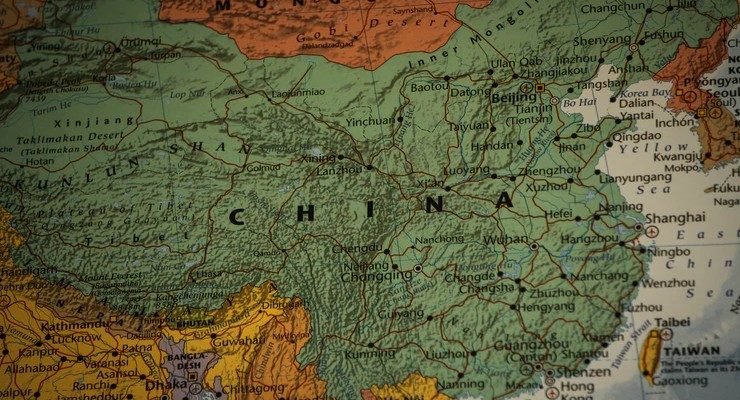 In 2010, the Nobel Prize Committee awarded the Peace Prize, arguably the Nobel’s loftiest accolade, to the Chinese writer and activist Liu Xiaobo. Lui was then serving his fourth prison sentence for inciting subversion. The Nobel Committee granted Lui the award for his “long and non-violent struggle for fundamental human rights in China.” Lui died in 2017 of lung cancer in the First Hospital of China Medical University, where, although on medical parole, he was still actively guarded and silenced.
In 2010, the Nobel Prize Committee awarded the Peace Prize, arguably the Nobel’s loftiest accolade, to the Chinese writer and activist Liu Xiaobo. Lui was then serving his fourth prison sentence for inciting subversion. The Nobel Committee granted Lui the award for his “long and non-violent struggle for fundamental human rights in China.” Lui died in 2017 of lung cancer in the First Hospital of China Medical University, where, although on medical parole, he was still actively guarded and silenced.
China’s government has actively restricted both traditional and online media for a long time. It does so to prevent subversive rhetoric and the spread of ideas that may threaten the state’s control. Although the nation is an economic powerhouse on the world stage and relies heavily upon the web for its growth, internet restrictions are tight.
So tight that according to Amnesty International, Chinese netizens have adopted ‘Ministry of Truth’ (a term from Orwell’s novel 1984) to refer to the Communist Party’s Propaganda Department. Chinese internet users are engaged in what Amnesty calls a “linguistic cat and mouse game” with the state as they try to communicate with one another via the use of coded emojis and short-hand versions of full terms. Words such as Wuhan and combinations including Wuhan and Xi Jinping trigger state retaliation, as do seemingly innocuous phrases such as “bad at learning” because the Party Leader’s surname means learning.
To maintain such control, the authoritarian regime runs a strict, sophisticated system of media monitoring where singular words, phrases, and even certain emojis flag authorities to the user’s social media accounts. State-legitimized sites and social channels place their own rigid controls on allowable content via the use of algorithms and human gatekeepers. In addition to these monitoring measures, the state utilizes powerful firewalls, shutters media publications, and websites, and puts any dissenting reporters and voices behind bars — including Law Professor and Democracy Chronicles author, Benny Tai.
Reporters Without Borders placed China fourth to last in its 2021 ranking of global press freedoms. Hong Kong, meanwhile, stands on the precipice of similar controls; the organization warned that journalism in the Administrative Region is under “grave threat.”
For Western users, the state’s iron grip over the media and the internet is hard to fathom. While the British complain about the BBC’s removal of a Prince Andrew joke on Ru Paul’s Drag Race Down Under, Chinese users struggle to find a way to express any form of criticism. The internet elements many take for granted are blocked in China including Facebook, YouTube, Wikipedia, and The New York Times. The BBC, ABC, NBC, and CBC also form part of an ever-growing list.
Such cloistered media practices may be beneficial to the state in regards to its net-based economic potential, as witnessed by Alibaba’s meteoric rise to the top of the e-commerce food chain amidst little competition, but they are a fundamental assault on human rights. The freedoms that internet users in other nations enjoy simply do not exist in China. Unrestricted internet, alongside freedom of the press, denotes a nation’s level of democracy via numerous mechanisms. Most tellingly, unrestricted internet users can turn to micro-blogging platforms and social media channels to rally protests that critique the state and disseminate critical information. In less free nations, the democratic mechanisms are disrupted; top-down information becomes the only valid type and it is disseminated by resource-rich groups with a vested interest. In the case of China, that vested interest is state-managed control and ultimately, totalitarianism.
Skirting the controls of China’s Great Firewall is becoming harder, even suggesting the use of a VPN to access the content they want is subject to the same online cat and mouse games. Chinese internet users may refer to ‘Vietnamese Pho Noodles’ or a ‘ladder’ (to connote climbing), but never to a Virtual Private Network.
The sheer perseverance and linguistic ingenuity of activists and dissidents are impressive, but the Chinese state’s state of online freedom is far less so.
Leave a Reply